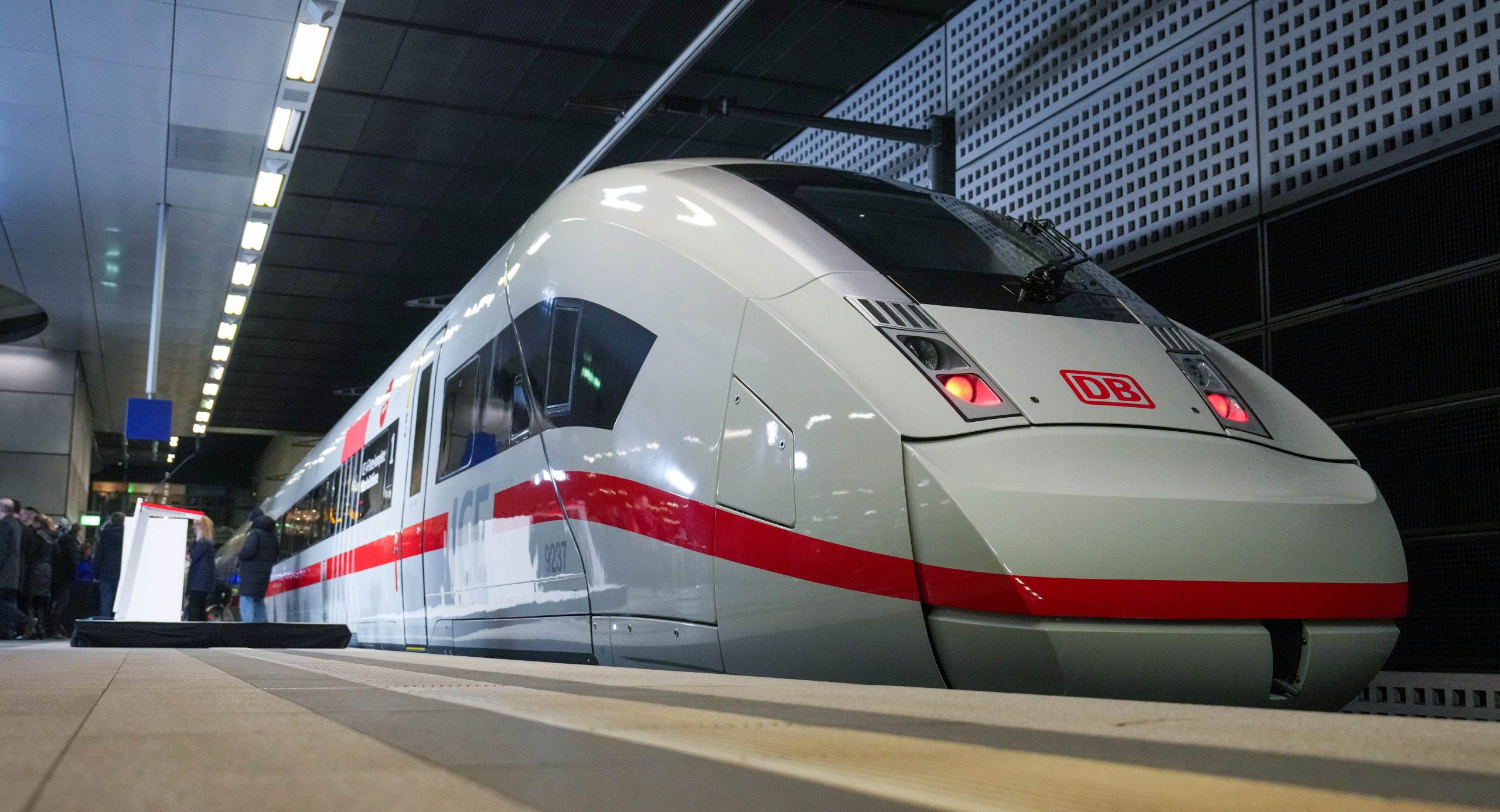Locomotive drivers in Germany have won a phased reduction in working hours from 38 to 35 hours a week, under an agreement reached with Deutsche Bahn management after a wave of strikes.
 An agreement between the unions and DB management was signed following negotiations on pay and working time. The agreement provides for a reduction in working hours for train drivers from 38 to 35 hours a week by 2029, without a corresponding reduction in pay.
An agreement between the unions and DB management was signed following negotiations on pay and working time. The agreement provides for a reduction in working hours for train drivers from 38 to 35 hours a week by 2029, without a corresponding reduction in pay.
Specifically, drivers’ working time will fall to 37 hours in 2026, 36 hours in 2027, 35.5 hours in 2028 and 35 hours in 2029. Mechanics will still be able to work up to 40 hours a week, with overtime paid at 2.7% more.
As for wages, they will benefit from an annual inflation bonus of EUR 2,850 per person, as well as a pay rise of EUR 420 from 2025, according to the announcement by state-owned railway company Deutsche Bahn.
German train drivers have gone on strike six times in recent months
The agreement ends one of the toughest and most costly industrial disputes German railways have faced in recent years. The German Train Drivers’ Union (GDL) has staged a series of no less than six strikes since the end of last year, some of them lasting several days, causing massive disruptions to passenger and freight trains alike. The last work stoppage at Deutsche Bahn took place two weeks ago, as Railway Pro wrote at the time.
Europe’s largest economy has been disrupted for months by industrial action as workers and management in many sectors clash over working conditions amid high inflation and weak economic activity.
Share on:



